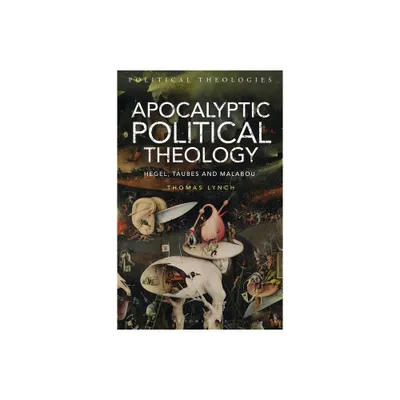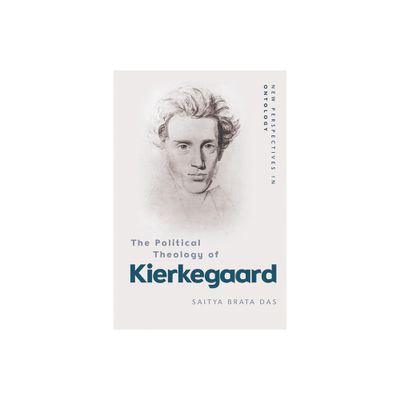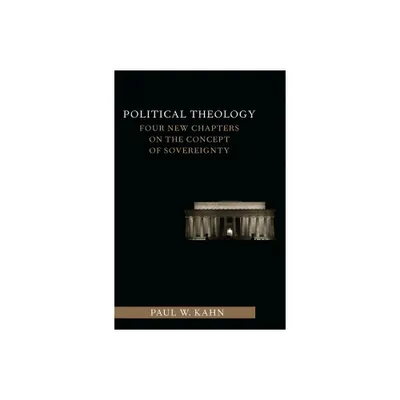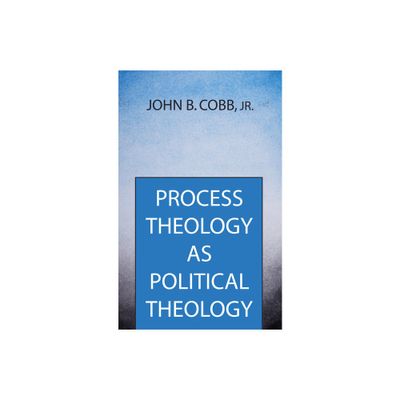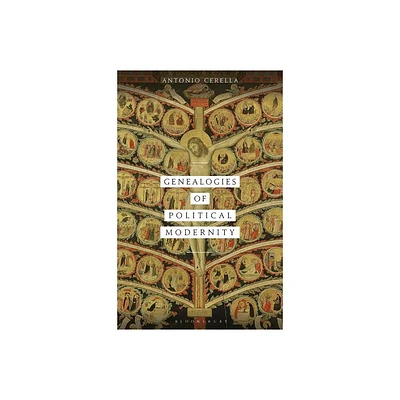Home
Political Theology for a Plural Age
Loading Inventory...
Barnes and Noble
Political Theology for a Plural Age
Current price: $37.99


Barnes and Noble
Political Theology for a Plural Age
Current price: $37.99
Loading Inventory...
Size: Paperback
*Product Information may vary - to confirm product availability, pricing, and additional information please contact Barnes and Noble
New challenges that emerged in the postwar era have given rise to ongoing debate about the place of religion in public life, in the United States and in other established democracies, and this debate has dramatically reshaped the way scholars, policymakers, and religious leaders think about political theology.
Political Theology for a Plural Age
examines historic and contemporary understandings of political engagement in Christianity, Judaism, and Islam, engaging political theologies not merely as a set of theoretical concepts but as religious beliefs and principles that motivate specific political action. The essays in this volume, written by leading thinkers and practitioners within each tradition and their secular counterparts, examine a number of core issues at the intersection of religion and politics. They contest the definition of political theology, establish a common discourse across the three Abrahamic traditions, and closely examine how globalization, secularization, and pluralism affect the construction and plausibility of political theologies. Finally, they offer insight into how political theologies might adapt to the shared global challenges of the twenty-first century.
Political Theology for a Plural Age
examines historic and contemporary understandings of political engagement in Christianity, Judaism, and Islam, engaging political theologies not merely as a set of theoretical concepts but as religious beliefs and principles that motivate specific political action. The essays in this volume, written by leading thinkers and practitioners within each tradition and their secular counterparts, examine a number of core issues at the intersection of religion and politics. They contest the definition of political theology, establish a common discourse across the three Abrahamic traditions, and closely examine how globalization, secularization, and pluralism affect the construction and plausibility of political theologies. Finally, they offer insight into how political theologies might adapt to the shared global challenges of the twenty-first century.
